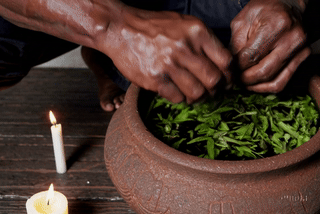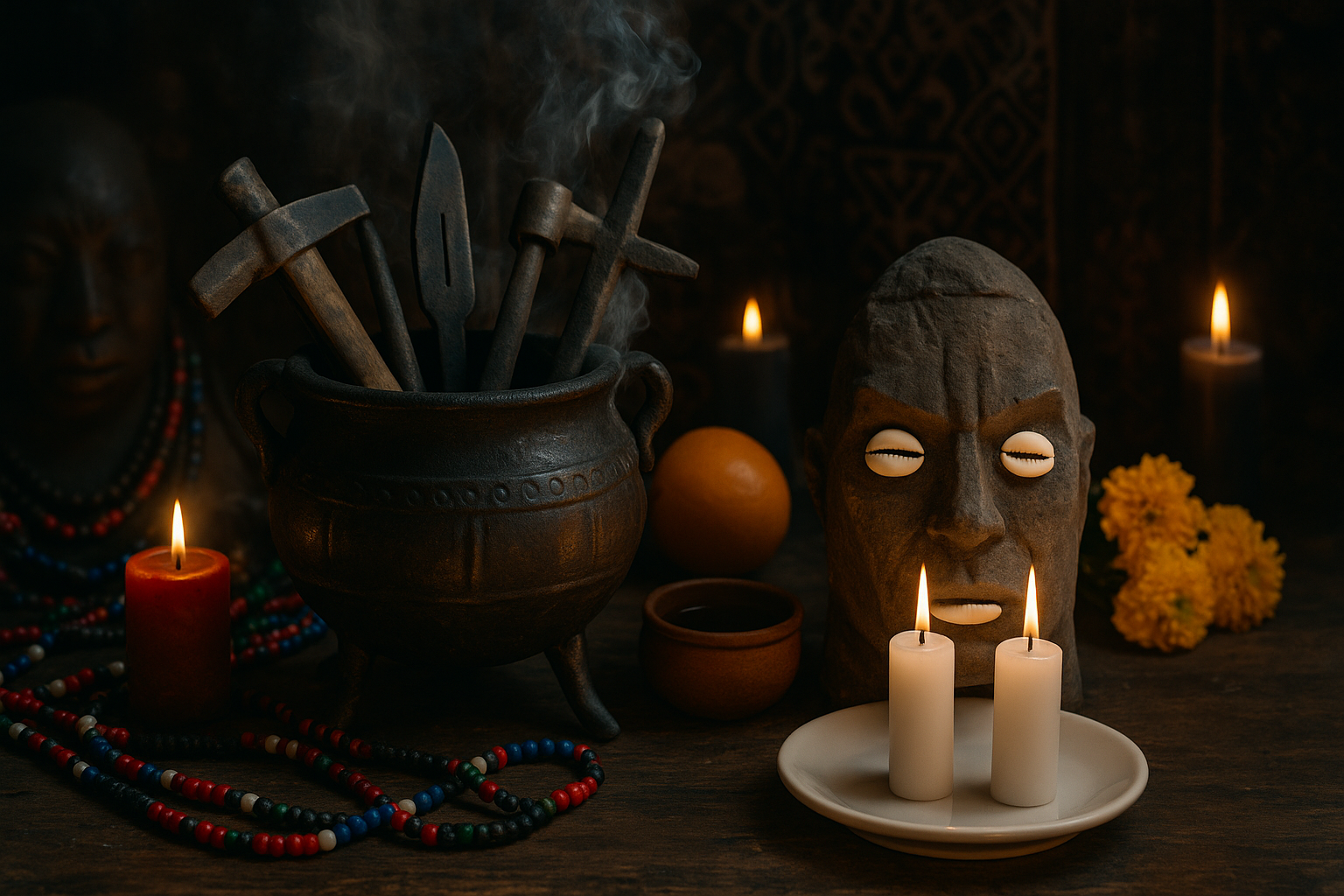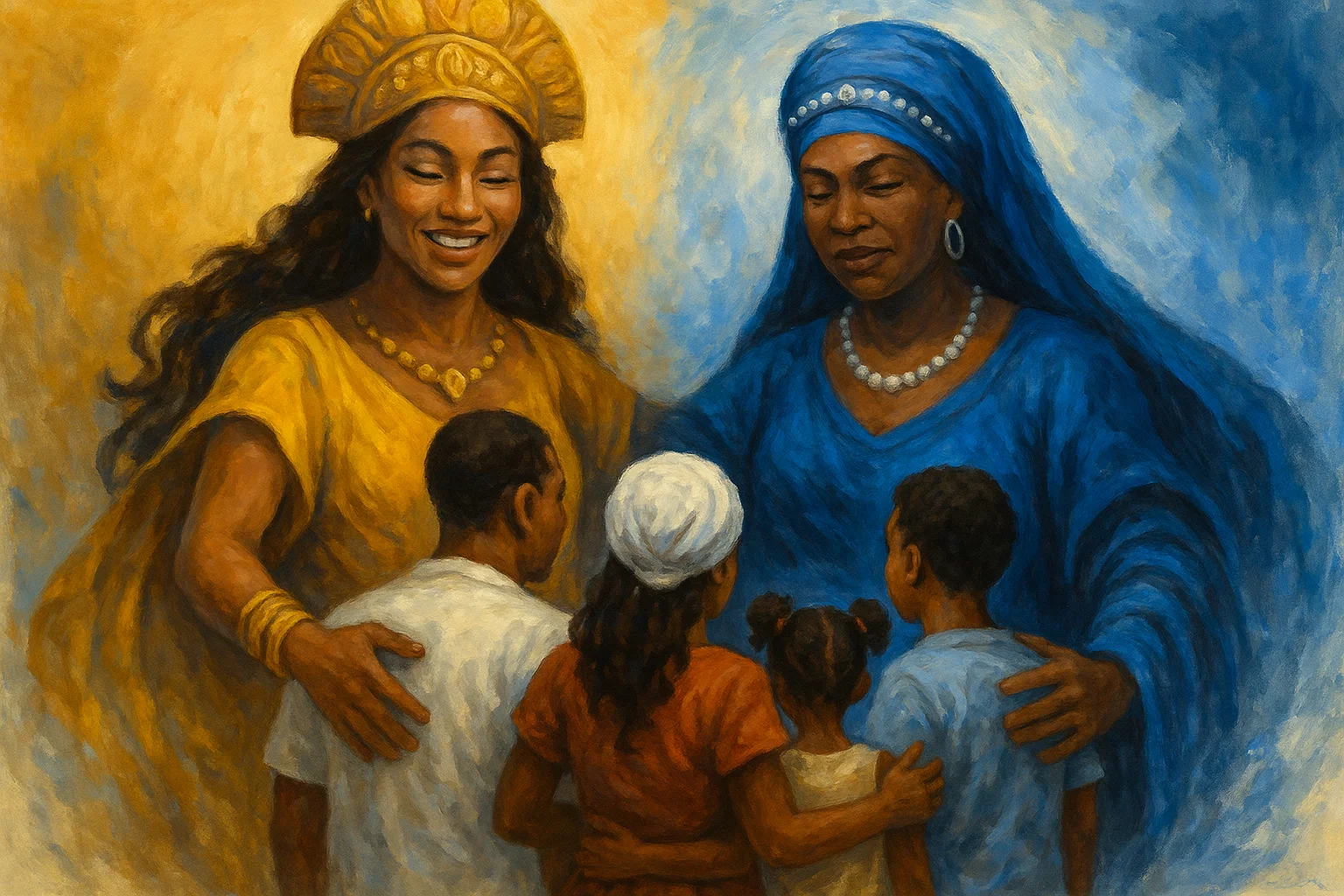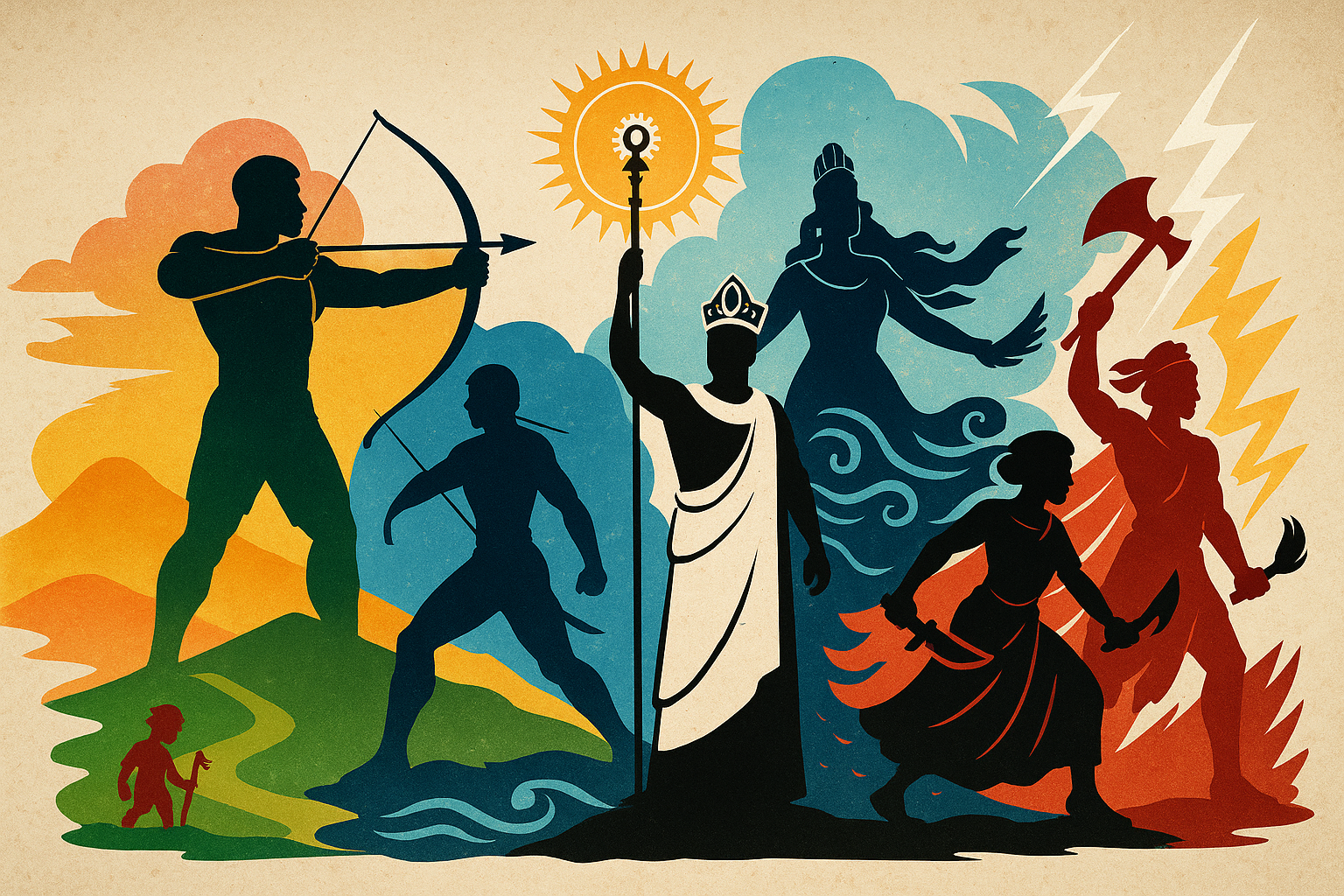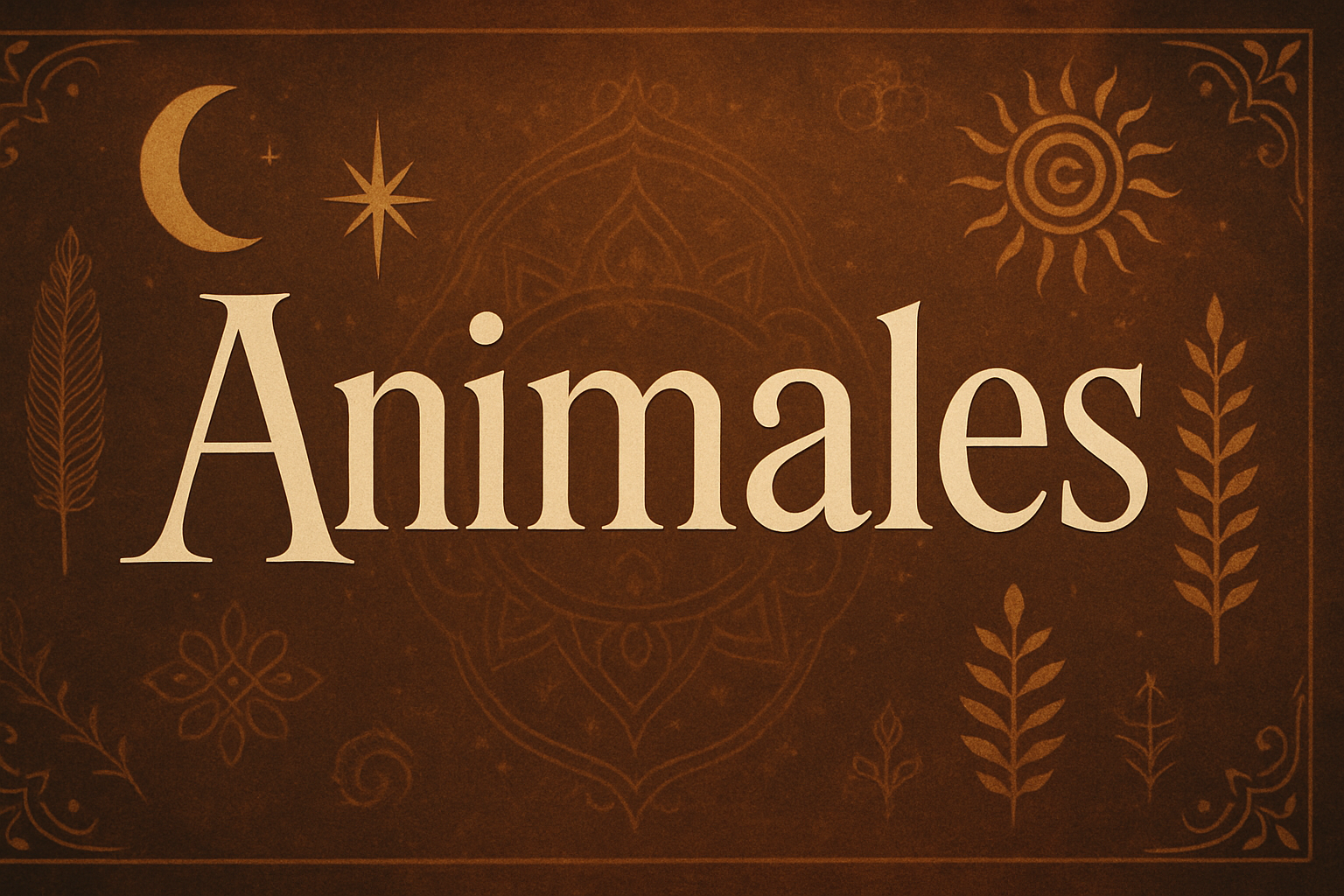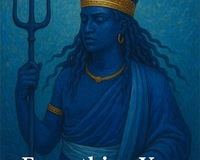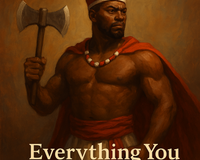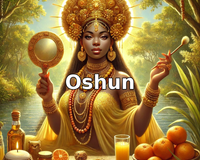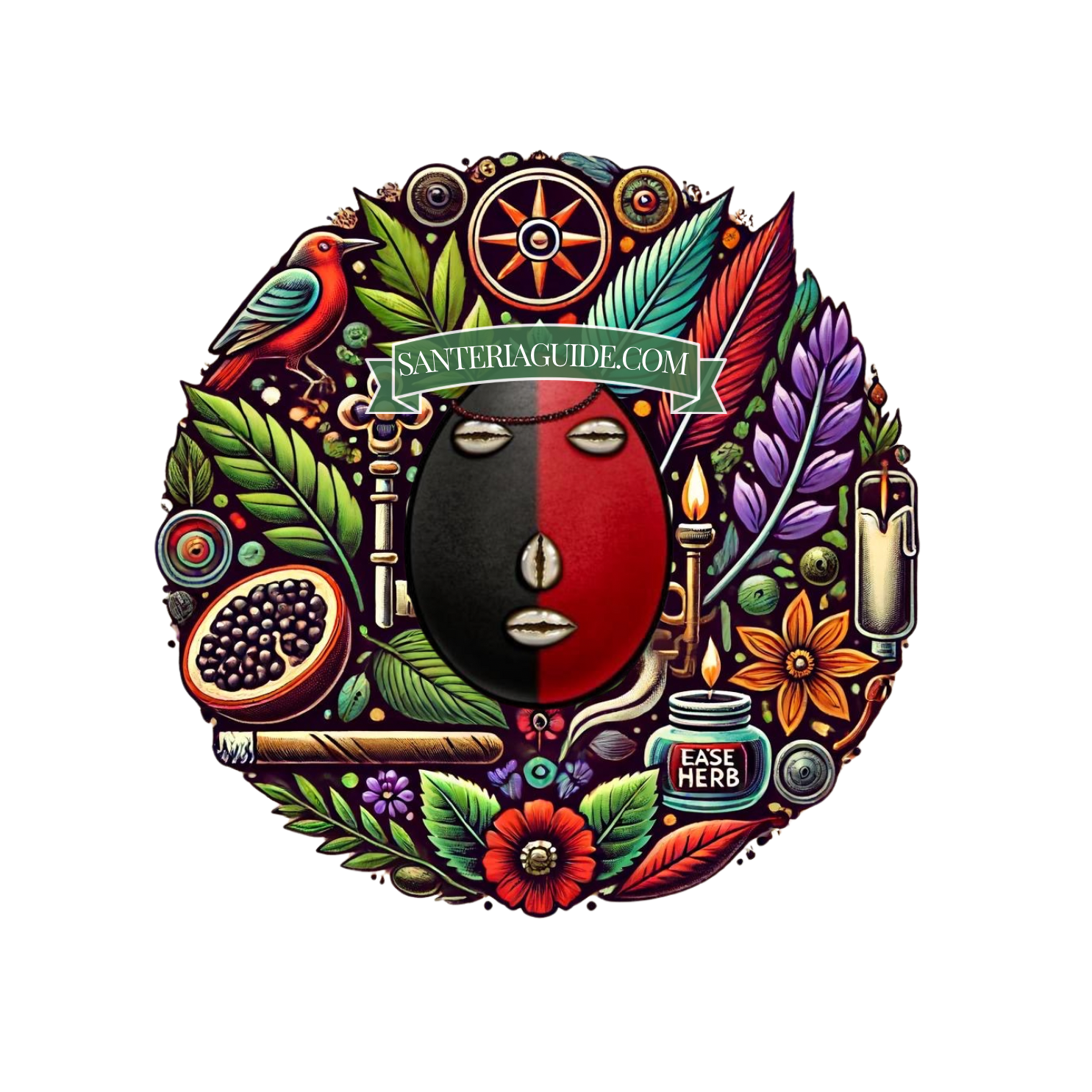Animals (Ritual / Sacrificial)
-
Rooster (Akukó)
-
English: Used in offerings and spiritual cleansings; symbolizes vitality and the transfer or removal of spiritual burdens.
-
Lukumí / Notes: Sacred to Eleguá, Shangó, Ogún, and Oyá; can absorb osogbo or activate iré when offered properly.
-
-
Hen (Adié)
-
English: Used in rituals involving fertility, peace, and feminine balance.
-
Lukumí / Notes: Associated with Yemayá, Obatalá, and Ochún; employed to restore spiritual or emotional harmony.
-
-
Guinea Hen (Etú)
-
English: Powerful sacred bird used in major ceremonies, especially for cleansing and ancestral work.
-
Lukumí / Notes: Linked to Ochún and Obatalá; carries strong purifying energy.
-
-
Dove (Eyelé)
-
English: Symbol of peace and purity; used in white or elevated workings.
-
Lukumí / Notes: Represents spiritual elevation; offered to Obatalá and benevolent energies.
-
-
Quail (Oyún)
-
English: Used in head-feeding (rogación) and protective works to bring clarity and stabilization.
-
Lukumí / Notes: Helps cleanse and strengthen the Orí (spiritual head).
-
-
Duck (Pápá)
-
English: Represents feminine energy; used in cleansings and omiero baths.
-
Lukumí / Notes: Associated with Ochún and Yemayá; supports emotional flow and balance.
-
-
Goat (Ewurè)
-
English: Common offering to remove heavy spiritual loads or osogbo.
-
Lukumí / Notes: Connected to Eleguá, Ogún, and Ochosi; potent in deep purification rituals.
-
-
Ram (Agbó)
-
English: Symbol of fire, masculine spiritual authority, and power.
-
Lukumí / Notes: Sacred to Shangó; used in works of leadership, justice, and strength.
-
-
Pig (Elede)
-
English: Rarely used; carries symbolic or lineage-specific meaning when employed.
-
Lukumí / Notes: Sometimes linked to Ogún; its use depends on patakís and tradition.
-
-
Cow (Máálú)
-
English: Seldom sacrificed; symbolizes abundance, grounding, and nourishment.
-
Lukumí / Notes: Milk may be offered to Obatalá or Yemayá; represents stability and provision.
-
Animals (Symbolic / Representative)
-
Dog (Ajá)
-
English: Spiritual guardian or messenger; emblem of vigilance and tracking in the unseen.
-
Lukumí / Notes: Associated with Eleguá and Babalu Ayé; embodies protection and spiritual sensing.
-
-
Cat (Kítí)
-
English: Symbol of mystery, agility, and protection; not typically used in rites.
-
Lukumí / Notes: Represents independent spiritual power and subtle watchfulness.
-
-
Horse (Kékéré)
-
English: Person “mounted” by an Orisha during trance possession; vessel for divine communication.
-
Lukumí / Notes: Also called “caballo” or “elegún”; the Orisha speaks or acts through this medium.
-
-
Turtle (Ayaba)
-
English: Symbol of wisdom, endurance, and dual nature of land and water.
-
Lukumí / Notes: Associated with Yemayá and Olokun; revered symbolically rather than sacrificed.
-
-
Fish (Ẹja)
-
English: Used in offerings to water Orishas; represents sustenance and flow.
-
Lukumí / Notes: Given to Yemayá, Ochún, and Olokun; embodies life’s currents and nourishment.
-
-
Snake (Ẹjò)
-
English: Symbol of transformation, knowledge, and the underworld.
-
Lukumí / Notes: Linked to Orunmila and Eggún; rarely sacrificed, revered for its wisdom.
-
-
Vulture (Icolé / Ikóle)
-
English: Represents purification and removal of spiritual waste.
-
Lukumí / Notes: Sacred to Ochún; seen as a divine cleaner, carrying away decay.
-
-
White Dove (Eyelé Funfun)
-
English: Extremely sacred bird symbolizing peace, clarity, and elevation.
-
Lukumí / Notes: Closely tied to Obatalá; never used in negative works.
-
-
Leopard / Panther (Ekún)
-
English: Symbol of stealth, nobility, and power.
-
Lukumí / Notes: Associated with Oyá; appears in imagery and symbolism, not in sacrifice.
-
-
Crocodile (Ònì / Aluko)
-
English: Symbolic reptile appearing in patakís as guardian, transformer, and keeper of mysteries.
-
Lukumí / Notes: Connected to Olokun, Yemayá, and occasionally Ochosi; embodies ancient wisdom and liminal thresholds.
-
-
Elephant (Erin)
-
English: Symbol of ancestral memory, strength, and spiritual stability.
-
Lukumí / Notes: Linked to Obatalá and sometimes Oduduwá; used in iconography to represent enduring power.
-
